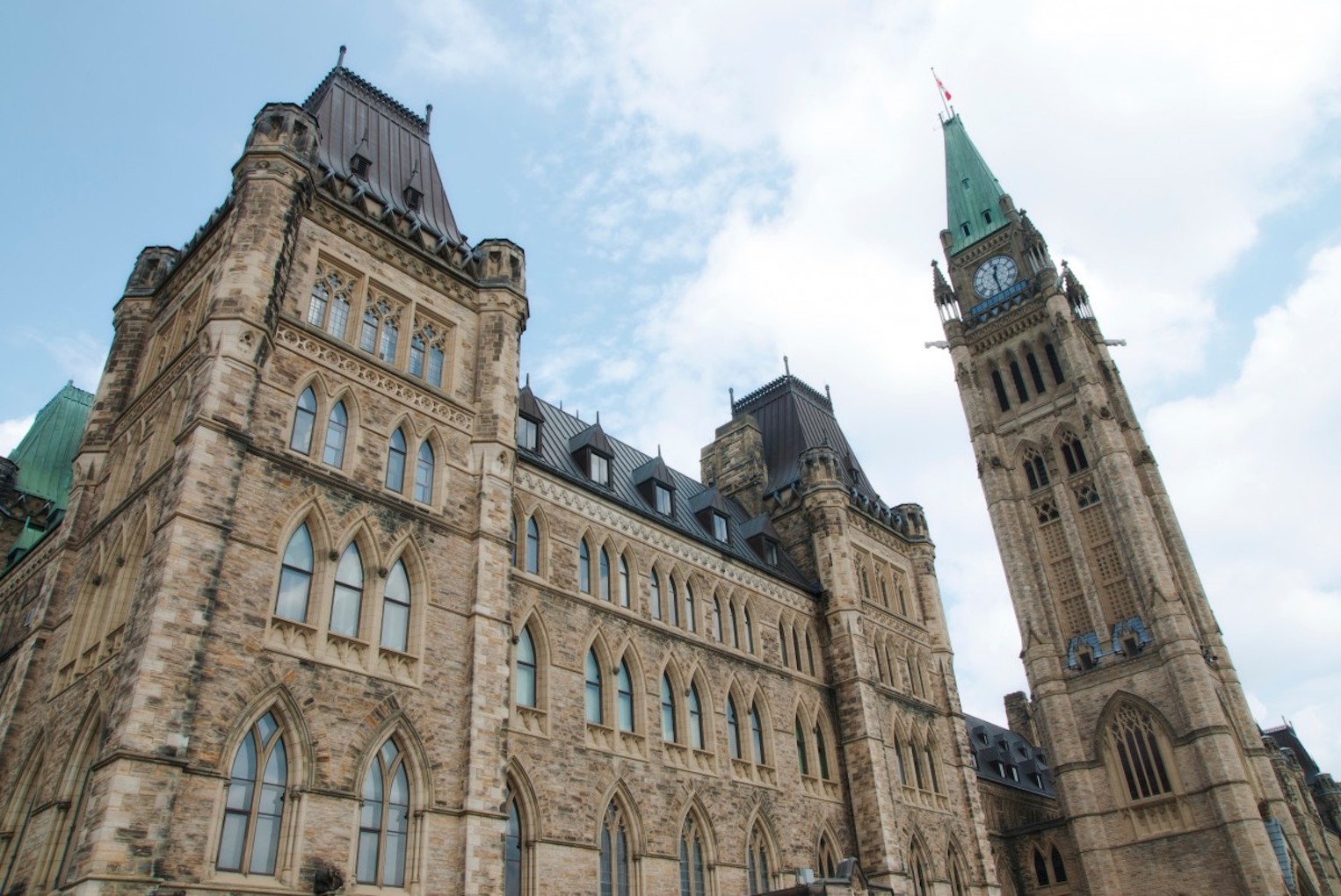Written by Yaroslav Baran.
Parliamentary dynamics are very different in a minority setting, compared with a majority environment where the government knows it can ultimately get its way by force of numbers. The primary manifestation is in committees, where the Liberals will not have the numbers to control the direction of proceedings. This has several practical dimensions:
- Legislative progress may be even slower than it was under the last parliament, as the majority of committee members may not be cooperative with the government’s agenda nor seeking to expedite it;
- The Opposition majority on committees will be empowered to offer alternative avenues of work that conflict with the government’s agenda or work to erode the government’s brand; and;
- Committees tend to be the locus of parliamentary inquiries, given their freedom to open any studies they wish within their policy sphere, and given their theoretically unlimited legal authority to subpoena people and papers.
To illustrate the point, recall the Ethics Committee’s brief study of the SNC Lavalin issue this past spring, and imagine the direction it could have taken had the Liberals not had a controlling majority of votes on the committee.
The good news for the government is that committees will not be sitting until the new year, giving the government house leader and PMO time to evaluate these dynamics and to plan approaches for navigating them. In fact, as the prime minister enters into a discussion with the NDP to determine whether to strike a BC-style working relationship versus governing vote-by-vote basis, calming committees is one of the chief incentives Mr. Trudeau will have for striking a deal.
Other aspects of parliamentary work – finding the votes to pass legislation and to survive confidence votes – should not be particularly difficult given the current configuration of parties and considerable overlap in policy agendas with some party or other. Taking the sting out of potential committee inquiries, however, would be a real prize that makes the government’s life easier – and feeling almost like a majority.
How are committees struck? They have to be constituted anew after each election, and, other than several operational committees codified in the House of Commons rulebook, each parliament has the ability to establish whatever committees it wants. By and large, though, they tend to follow the general assignment of Cabinet roles and departmental organization. Committees are negotiated by party whips, who will look to replicate the party standings in proportional committee seat count. Without getting ahead of the actual negotiation, we should probably expect something in the order of 15-person committees; at that size, the smallest official party (the NDP) would have claim to one committee spot at seven per cent of the seats in the House of Commons.
Some of the philosophy influencing the Senate’s behaviour may also start to be challenged. The Independent Senate Group has been guided by the so-called Salisbury Principle – the view that as an unelected house, the Upper Chamber should ultimately defer to the House of Commons, to which the government is accountable. With a government built on 33 per cent of the popular vote, the principle that “the government should get its way because it was elected” becomes a weaker argument. We might expect challenges to the current hegemony of the Salisbury Principle as a guiding doctrine, potentially manifest in an even more independently-minded culture in the Senate.
On the overall question of when Parliament will be convened – that is ultimately a political question. Given the strong minority position of the Liberals – and the fact that it is a continuation of the incumbent government – there will be no immediate imperative to establish confidence. Confidence will largely be assumed. The outcome is one of few possible scenarios where a government could get away with waiting until the new year to convene parliament, taking the extra time to reconfigure to the new reality. The ultimate decision on when the House of Commons opens will be governed by public relations considerations – not procedural imperatives.
